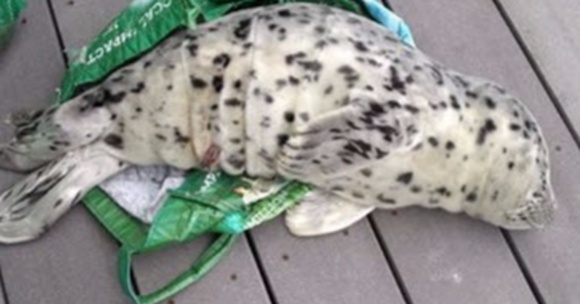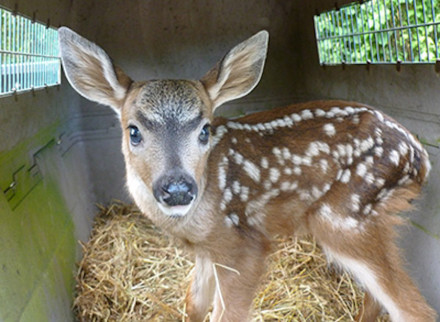If there is one thing that most of us appreciate, it’s the animal rescue videos we find online. It seems as if there is a new one that comes out every day, but wildlife officials are now warning people to stop saving baby animals.
Although this warning may come as a surprise, there are actually many good reasons why it has been released. Animal rescues can be problematic in many areas, but it is especially a problem in the Pacific Northwest. Baby animal rescues often happen when seals give birth to their young.
As an example, a woman picked up a harbor seal last month in Westport, Washington. She carried it to her house in a shopping totebag. As it turns out, wildlife officials had to euthanize the pup because it was lethargic and unresponsive.
Beaches and shoreline areas are used by harbor seals to rest and regulate their body temperatures. They also stay in those areas to wait for their mothers, and they don’t wander too far from those locations. In many cases, the mothers are actually watching as the humans come pick up their young!
Mike Cope, game manager for the Washington Department of Fish and wildlife had the following to say:
People find young animals and birds alone and assume they’ve been abandoned by their parents. In fact, their parents are usually nearby and may even be watching as their fawns, kits, and chicks are removed by would-be rescuers.
These “rescues” often end poorly for the baby animal. The animal rarely ever survive to be reintroduced to the wild, and they end up being euthanized or dying while being cared for by humans.

When visiting Yellowstone National Park, a Canadian man decided it would be a good idea to save a baby bison. He put the animal in his car and took it to a park ranger, saying the animal appeared to be shivering and he wanted to provide shelter. The animal had to be euthanized and the man received a wildlife violation.

In another instance, a couple came upon a baby seal and wrapped it in a towel to take it home, where they put it in their shower. Wildlife officials returned the animal to the beach but it was found that the following day.

A newborn fawn was picked up in Pierce County, Washington and dropped off at the local fire station. According to Tina Hamilton, a Washington state wildlife field dispatcher, “That fawn still had its umbilical cord, so how far away could its mother have been?”
At least 60 different cases in California exist where people were illegally picking up or feeding marine mammals. Most of those animals died while they were in their care or they had to be euthanized.
There is no simple way to put it. Officials are saying you need to let nature run it’s course. Do not intervene, approach or take a selfie with local wildlife. The best chance they have to survive is to stay in the wild.
Via: Buzzfeed
Be sure to share this with your friends on Facebook
